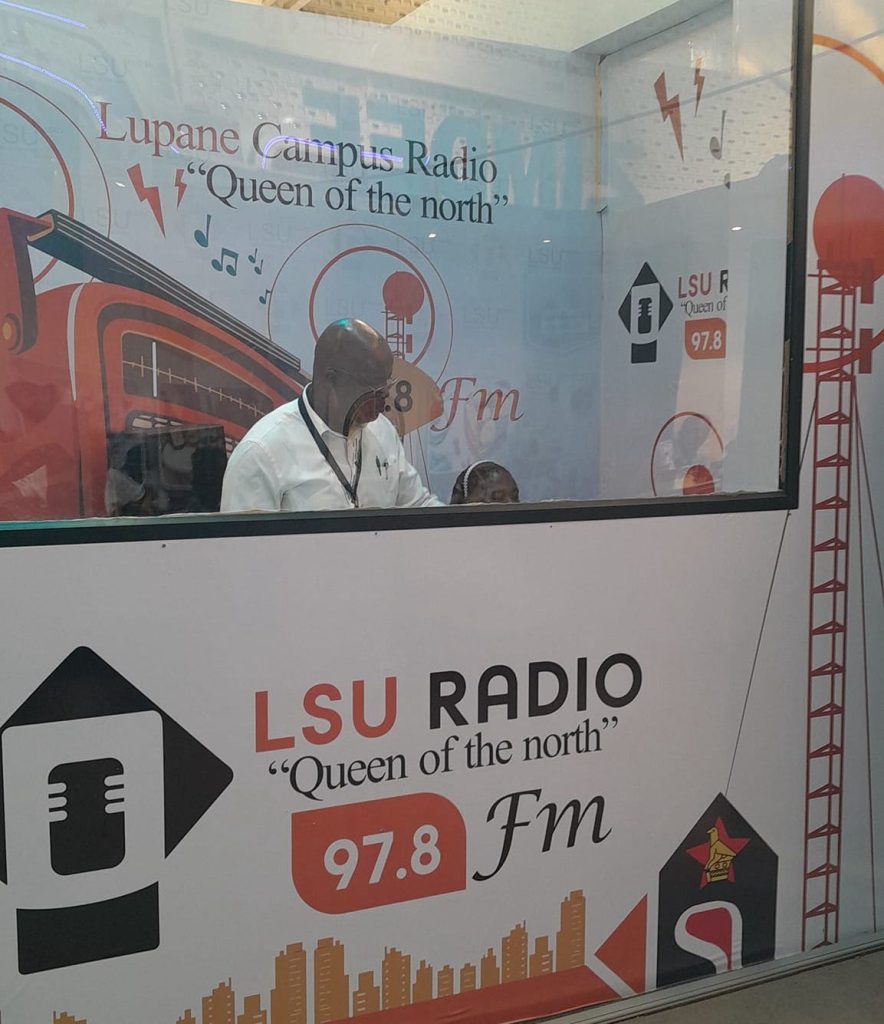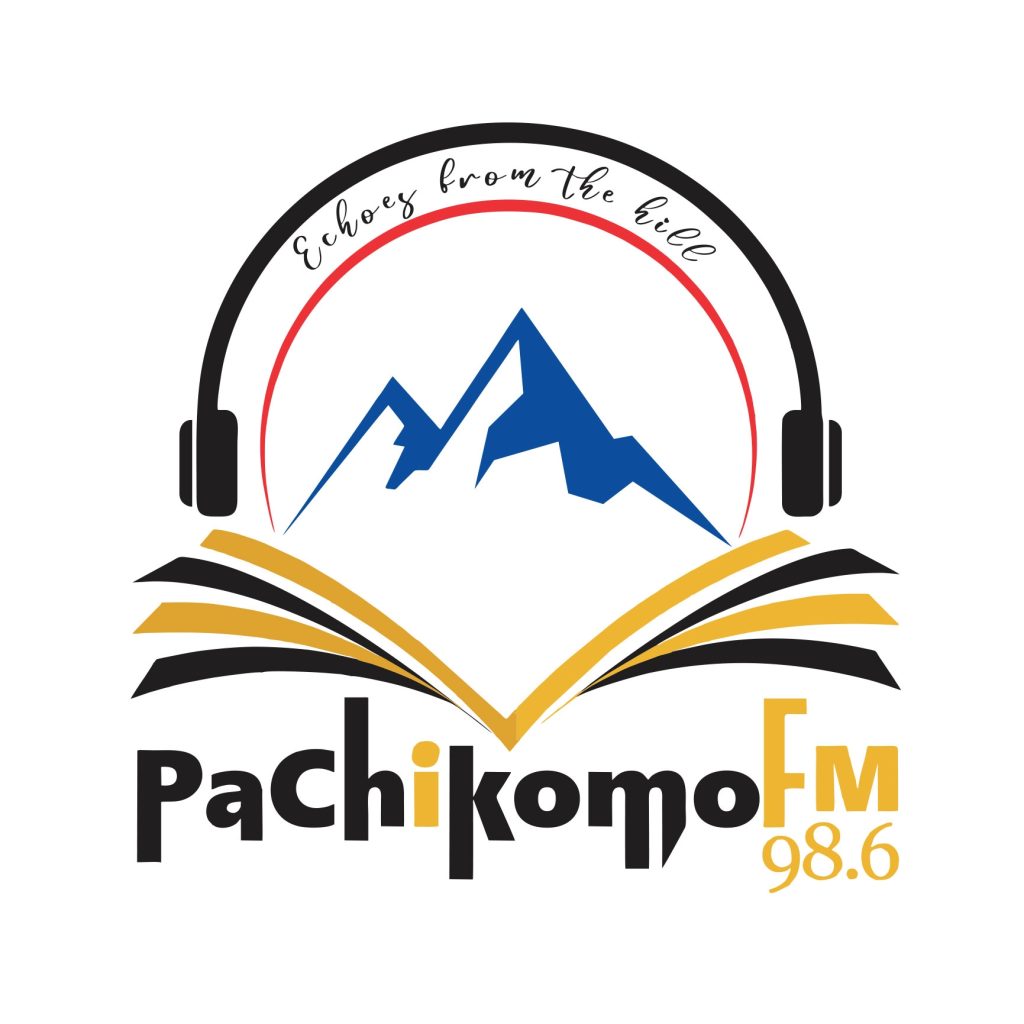
OPINION By Tanyaradzwa Primrose Maweto & Nyasha Emily Ndorikanda
Community and tertiary radio stations in Zimbabwe have been playing a critical role in uplifting the livelihoods of both the young and the elderly, with an undeniable impact on skills development, job creation, and community engagement.
These radio stations provide locals with opportunities to grow and develop their knowledge and skills, particularly in fields such as journalism, broadcasting, media production, and writing. Young people, in particular, have been developing their skills through active participation in community and campus radio initiatives.
In addition to creative skills, technical expertise such as editing, engineering, and equipment maintenance are being acquired by young people through these platforms. By fostering job creation, community and tertiary radio stations have also contributed to reducing unemployment in Zimbabwe, which in turn strengthens the nation’s economy.
Employment opportunities have emerged for various roles, including radio presenters, news anchors, technicians, producers, and editors. Campus radio stations such as PaChikomo FM, NUST Campus Radio, and ZOU FM have been instrumental in providing internships and job placements for students in media studies, ICT, and communication programs.
“Job opportunities are hard to find in Zimbabwe, especially for young people without experience, like interns. I am grateful for campus radios because they are giving us places for internships,” said Elroy Ngara, a media intern at ZOU FM Campus Radio.
Beyond employment, community and tertiary radio stations serve as cornerstones of their communities, offering locals a platform to voice their concerns, share ideas on personal development and business, and discuss pressing issues such as health, politics, culture, and the arts.



For instance, Chimanimani FM played a pivotal role in community engagement during and after Cyclone Idai. The station provided crucial information, including warnings, precautionary measures, evacuation notices, and updates on aid distribution. Additionally, the station used music to help soothe the psychological trauma experienced by residents who suffered the loss of loved ones and property.
Nyangani FM has become well-known for supporting local culture by promoting events such as the Nyanga Culture Festival. It also fosters tourism by showcasing Nyanga’s natural beauty, cultural heritage, and tourist attractions. Similarly, Lyeja FM, which covers Hwange and Victoria Falls, highlights the region’s tourism potential by marketing its attractions.
Community radio stations also provide a forum to discuss pressing issues like drug and substance abuse, as well as crime. These discussions often feature victims of drug abuse and former criminals, fostering open conversations that help communities relate to and connect with them without perpetuating stereotypes. Such conversations equip young people with knowledge on how to avoid drugs and where to seek help for addiction recovery.
In the tertiary education sector, campus radio stations play a vital role in disseminating critical information. They broadcast notices on examination dates, venues, and results, as well as registration deadlines. Some campus radio stations also host talk shows focusing on mental health, sexual and reproductive health, and other issues relevant to both students and staff.


